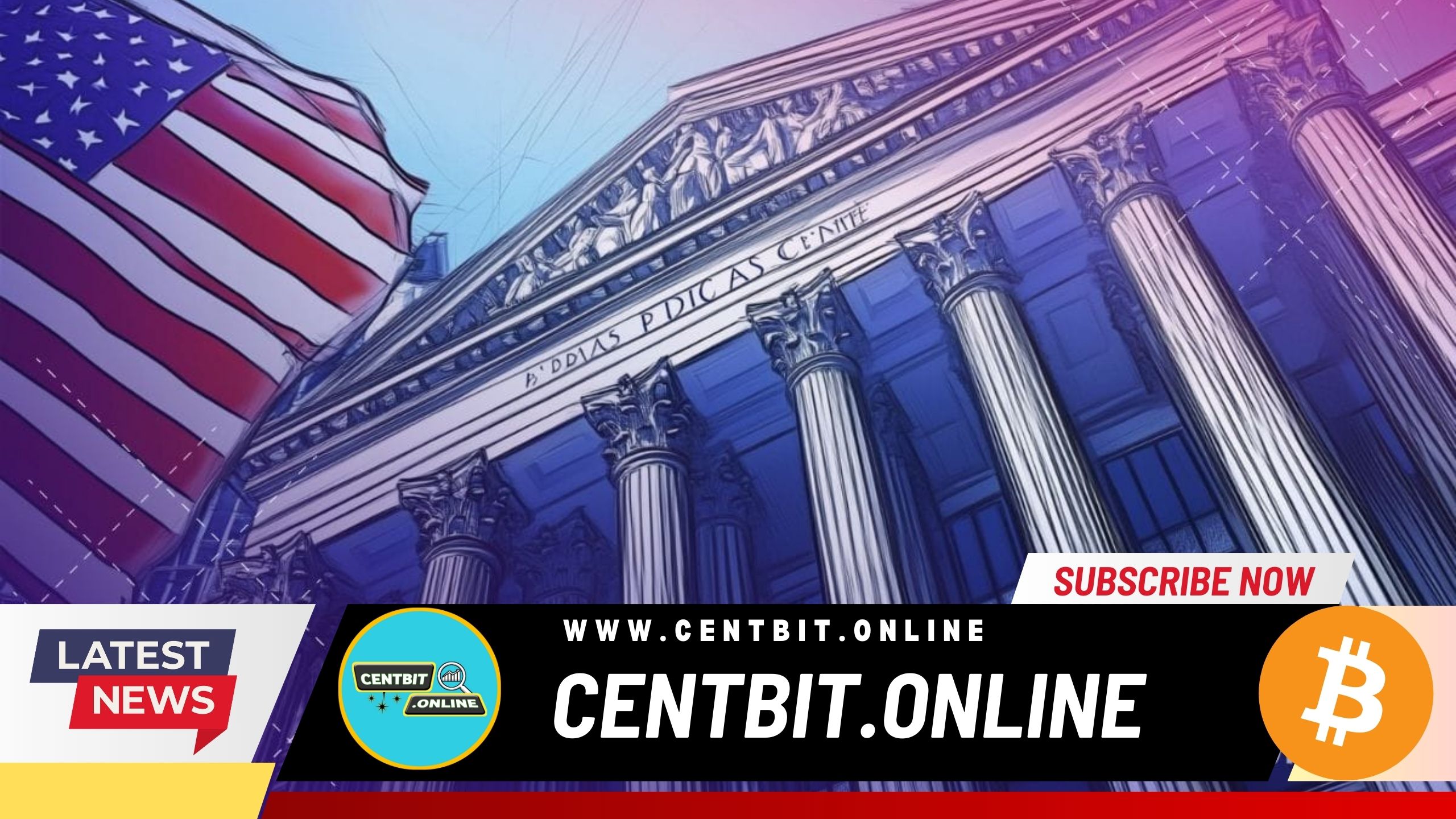A U.S. federal judge has reprimanded the Federal Deposit Insurance Corporation (FDIC) for excessive redactions in its “pause letters” related to crypto activities. These letters, sent to banks, have become a focal point of controversy in a Freedom of Information Act (FOIA) lawsuit supported by Coinbase.
Judge Questions FDIC’s Transparency
On December 12, Washington, DC, District Court Judge Ana Reyes issued a text order questioning the FDIC’s redaction practices. The judge stated that the FDIC appeared to lack a “good-faith effort” in its approach to disclosing information.
“Defendant cannot simply blanket redact everything that is not an article or preposition,” Judge Reyes remarked, urging the FDIC to adopt “more thoughtful redactions” and refile the letters by January 3, 2024.
The FDIC was also instructed to be prepared to justify each redaction, signaling the court’s intent to ensure greater transparency.
The Crypto Industry’s Concerns
The “pause letters” were sent to 23 financial institutions, advising them to halt or avoid expanding their crypto-related services. Many of these letters have entire pages redacted, raising alarm within the cryptocurrency sector.
Paul Grewal, Coinbase’s Chief Legal Officer, criticized the FDIC’s actions, questioning, “What is [the FDIC] working so hard to hide?” He linked the letters to a broader narrative within the industry: a belief that the Biden administration is attempting to sever crypto’s access to financial services through a strategy dubbed “Operation Chokepoint 2.0.”
Grewal had previously called out the FDIC for its “way overbroad redactions”, emphasizing the need for accountability.
Potential Regulatory Shake-Ups
The controversy over the FDIC’s handling of these letters is part of a larger discussion on potential regulatory reforms.
The Wall Street Journal reported that former President Donald Trump’s transition team had considered merging or eliminating agencies like the FDIC. Discussions also included possible changes to the Office of the Comptroller of the Currency (OCC) and the Federal Reserve.
Coinbase’s Strategy Amid Changing Regulations
Amid these developments, Coinbase is shifting its business model to reduce reliance on market volatility. Tom Duff Gordon, Coinbase’s Vice President of International Policy, highlighted plans to focus on stable revenue streams such as:
- Stablecoin fees
- Staking rewards
- Subscription services
“We want to build an earnings profile that isn’t entirely dependent on market volatility,” Gordon explained.
As Trump’s anticipated return to office signals reduced regulatory friction, Coinbase remains committed to the U.S. market, which Gordon described as “our most important market.”
Crypto’s Role in U.S. Political Financing
The cryptocurrency sector has become a significant contributor to political financing during the 2024 election cycle, with industry-funded PACs raising $190 million.
Notable contributors include:
- Cameron and Tyler Winklevoss: Combined donations of $10.1 million.
- Brian Armstrong, Coinbase CEO: Contributions exceeding $1.3 million to bipartisan PACs.
Coinbase has also pledged $25 million to the super PAC Fairshake, aiming to support pro-crypto candidates in the upcoming 2026 midterm elections.
Conclusion: A Push for Accountability and Reform
The FDIC’s approach to crypto-related “pause letters” has sparked legal and industry-wide scrutiny. As Coinbase and other stakeholders advocate for transparency, the case underscores the growing tension between regulatory bodies and the cryptocurrency sector.
With regulatory shake-ups on the horizon and increased political influence from crypto leaders, the outcome of this case could set a precedent for how governments engage with the evolving blockchain and crypto ecosystem.
For Expert Analysis, Visit CentBit.Online
Stay informed on the latest developments in cryptocurrency and blockchain with CentBit.Online—Bangladesh’s trusted resource for expert insights and news.
(SEO Optimized by CentBit.Online – Crypto & Blockchain Expert Bangladesh)



